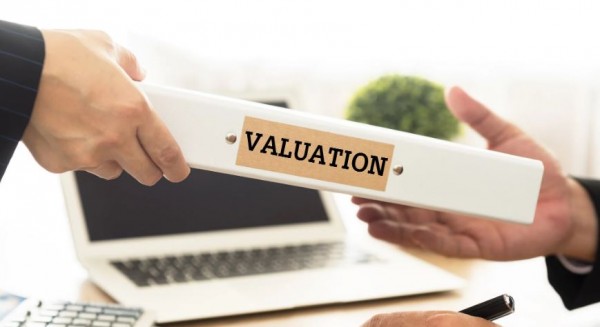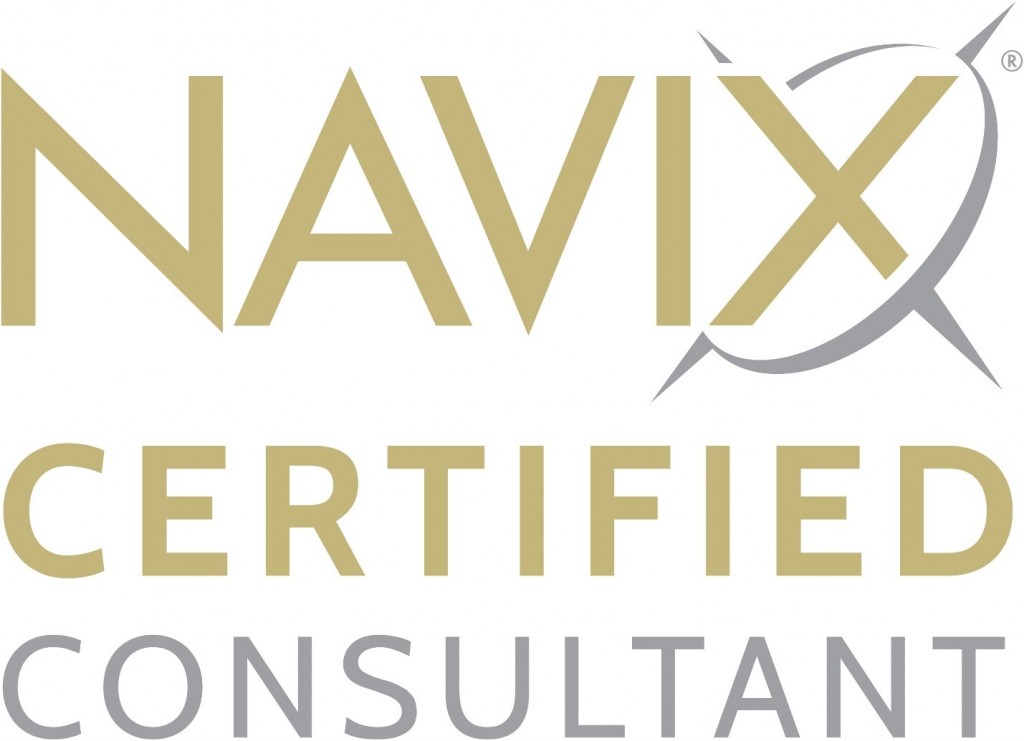Business Valuations: How to Value a Business
13.05.2019

By: Patrick Ungashick
Business Valuations & Exit Planning: A Business Owner’s Guide
This is part two of a four-part series on business valuations, written for business owners who need to understand how business valuations are used in the process of preparing for your business exit. As this series deals with tax and legal subject matters, readers are advised to consult their tax and legal advisors. This material is for educational use only.
How to Value a Business
To understand business valuations and how they work, it is helpful to understand the general process most valuation professionals (appraisers) use. The process is more involved and collaborative than many business owners expect. To perform a valuation, appraisers usually do not simply gather financial reports, input numbers into a spreadsheet, and then spit out a figure. You the owner, your company management (especially your CFO and/or controller), and your advisors will work closely with the valuation professional at key steps. The general approach consists of:
Getting a Business Valuation Step 1: Define Your Goals
You and the valuation professional start by discussing the project and defining your objectives and purpose for the valuation. For example, why are you commissioning this valuation? Your purpose will guide the process and, may influence the appraiser’s analysis and conclusions where appropriate. For example, are you seeking the valuation for tax planning purposes? Or are you preparing the valuation pursuant to a pending event such as a marital divorce or business partner buy-out? It is imperative that you and the valuation professional understand your goals. The appraiser’s goal then should be to ultimately, deliver to you a comprehensive and defensible business valuation.
(Note: You may have specific assets such as real estate, equipment, or intellectual property held within your company, or owned in another entity and leased back to your company. Depending on your situation the appraiser may need to review these assets as part of the valuation process, and determine a distinct value for them separate from the company’s value.)
Getting a Business Valuation Step 2: Gather Data
Typically, the valuation professional then provides you and the involved members of your leadership and advisory team with a list of required financial reports and information, usually going back three full years. Commonly the appraiser will want to see income statements and balance sheets, but they may ask for additional detailed financial and tax reports. They likely will also ask for non-financial information such as the company organizational chart, business plan, budget, and any industry data or reports you can provide.
The valuation professional will then study and review the information, using questionnaires and templates they have developed for this purpose. They will subsequently meet with you and the company management to ask additional questions to clarify and deepen their understanding of the company, including its strengths, risks, market, and direction. The better the valuation professional understands the financial and operational aspects of your company, the better prepared they are to achieve your valuation objectives and support their valuation conclusions.
It is critically important that your company’s financial reports and records be current, accurate, and formatted consistent with industry norms and expectations. Otherwise, the valuation exercise could end up becoming a garbage-in-garbage-out exercise. The valuation professional may need to make financial adjustments to account for owner benefits, perks, and non-recurring expenses (commonly called add-backs) as well as understand any intangible assets not fully reflected on the balance sheet. The appraiser must also ask about operational and industry risk factors that can substantiate higher or lower valuations. The valuation professional will also ask for projections of the company’s anticipated future financial performance, commonly called pro-forma financial statements. If you and your management team do not currently prepare projections, the appraiser may assist you in doing so if relevant and advantageous.
As you can see, it’s a collaborative process with a lot of back and forth discussion and exchange of information. This presents the opportunity for you and your management team to give the valuation professional your perspective on the company’s strengths, opportunities, risks, and threats.
Getting a Business Valuation Step 3: Further Research and Analysis
From there, your valuation professional now has plenty of data to analyze from these documents and discussions with you and your leadership team. They may need to recast your historical financial statements, which are often prepared with an eye toward tax minimization and may need to be normalized for business valuation purposes. Additionally, the appraiser may need to research external factors such as economic conditions, industry trends, and comparable transactions within your industry. At each step of the way, if the valuation professional has additional questions, he or she likely will be asking you for further information. In some cases, the valuation professional may need data from your other advisors, such as your accountants.
Getting a Business Valuation Step 4: Preliminary Valuation Findings
While different valuation professionals follow different processes, at this point many will now circle back with you and your team to present preliminary findings. Before issuing a final report, the valuation professional may share their initial thoughts and reasoning, in order to gather your reaction and get additional input from you. What will be significant at this point is not just the preliminary valuation, but just as importantly you need to know how the appraiser got to this preliminary valuation amount. This is the time for you and your team to offer additional input to help the appraiser substantiate a higher or lower valuation, if appropriate.
Getting a Business Valuation Step 5: Final Report
Last, the valuation professional now issues a final report. The reports consist of far more than just the bottom-line number, although understandably that’s what you will initially focus on. Valuation reports should cover an analysis of the company’s risk factors, a detailed description of the company and its market position, and a review and assessment of the prevailing economic conditions and industry trends. Recast financial statements and projections should be included in the report. Then, the valuation professional should clearly state what assessment methods they used to determine their conclusion, and why.
Most appraisers will sit down with you, and relevant members of your management and advisory team, to go through the final report. They should explain all the key points and answer your questions.
Getting a Business Valuation: An Important Tip
There is one important tip to consider if you believe you might need a formal business valuation. Contact your attorney and ask him or her about commissioning the valuation study on your behalf. In other words, you pay your attorney the fee for the valuation and, then your attorney hires the valuation professional for you. The potential advantage this creates is, if done properly, the valuation results will come to your attorney and then may be covered by attorney-client confidentiality. This may be important for protecting your interests. For example, suppose your purpose for getting valuation was tax planning related and you were expecting (or hoping for) a low valuation, but the number came in higher than desired. With the valuation covered by privilege, you and your attorney can safely and confidentially discuss the findings and determine your next steps, including potentially trying another appraiser. Or, the reverse scenario could be true. You could have commissioned the valuation hoping for a high number (perhaps if you are expecting to be bought out by a business partner), but what if the valuation comes in lower than desired? Again, having attorney-client confidentiality may preserve options for you. As with all legal and tax issues, discuss this with your advisors.
Your Next Steps
Click to register to receive subsequent articles in this series.
If you have a quick question coming out of this article or, if you want to discuss your situation in more detail, we can set up a confidential and complimentary phone consultation at your convenience contact Tim 772-221-4499.

 Tim is a Consultant to Business, Government and Not-for-Profits Organizations specializing in innovative and challenging ways for organizations to survive, to thrive and to build their teams.
Tim is a Consultant to Business, Government and Not-for-Profits Organizations specializing in innovative and challenging ways for organizations to survive, to thrive and to build their teams.